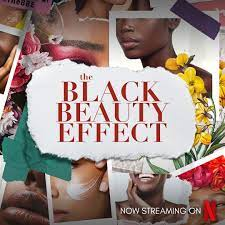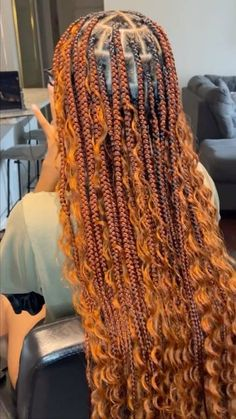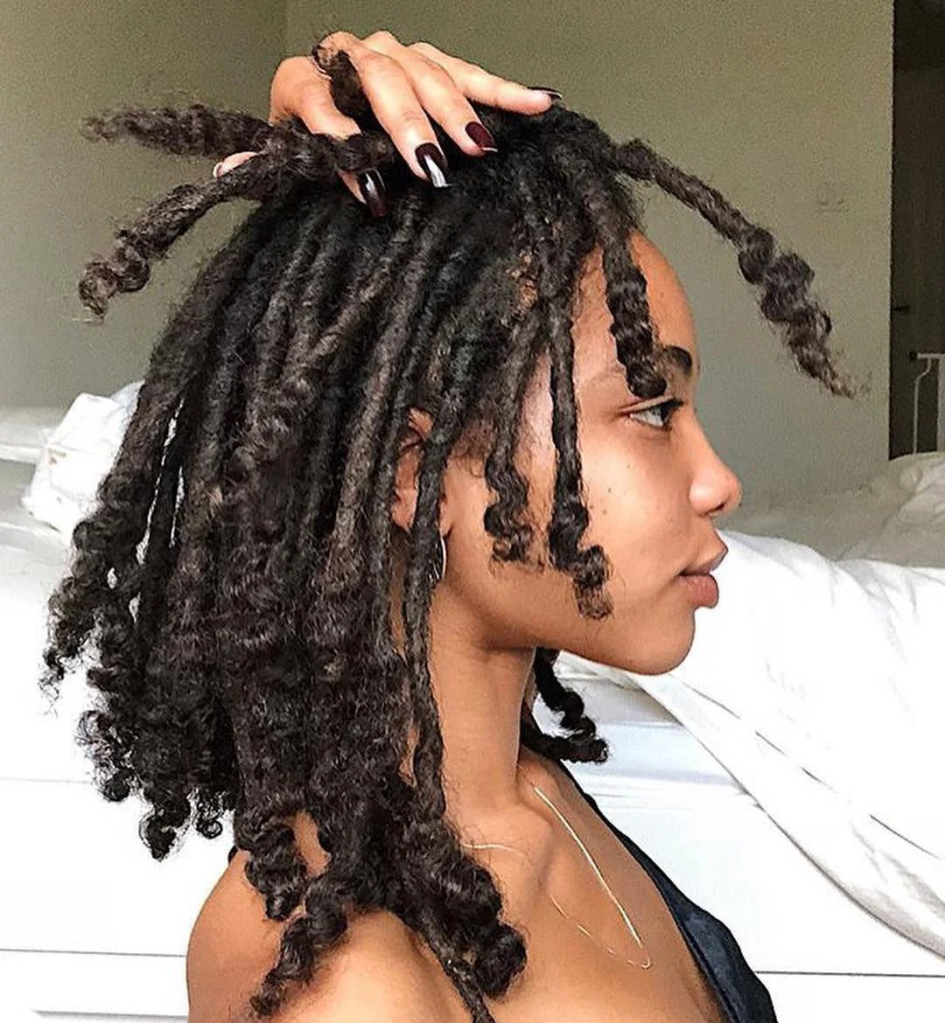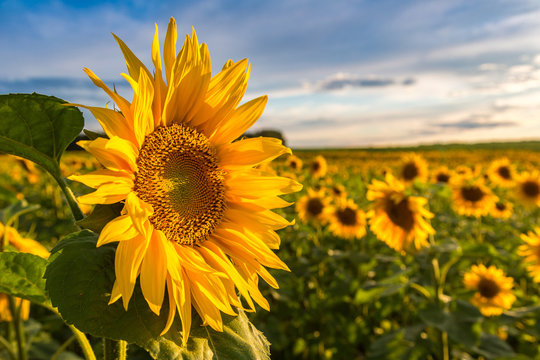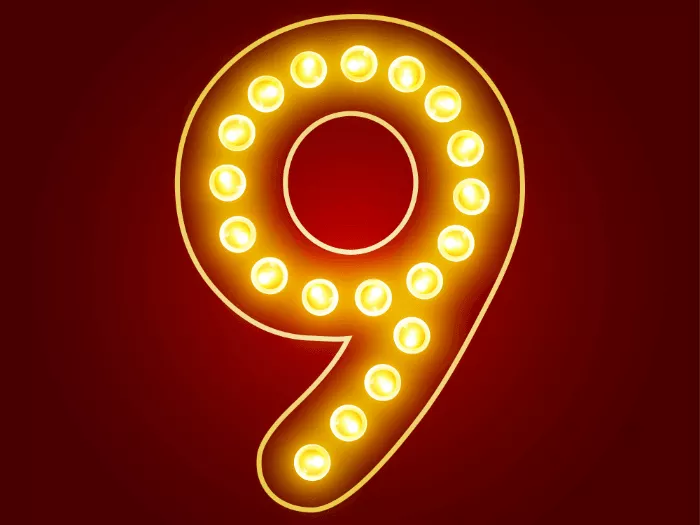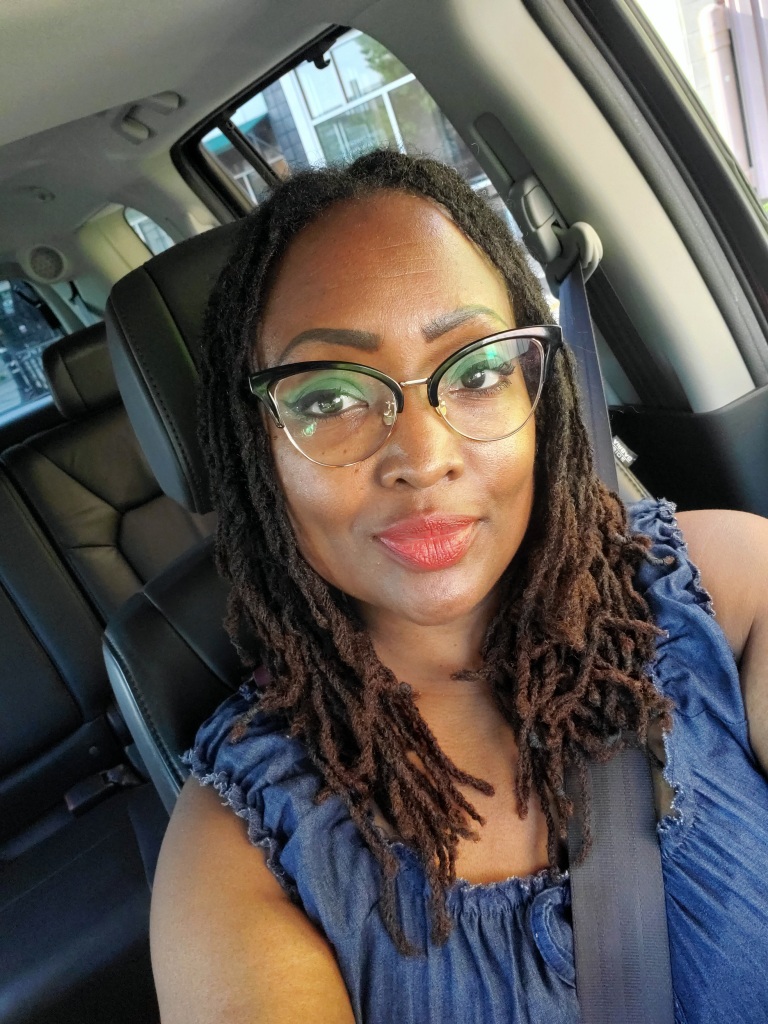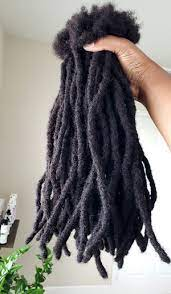Yes, there’s a “But” because our relationship with our hair as black women go back centuries. Black women’s relationship with their hair is layered and complicated. That’s why I feel we can only start where all of this began – slavery. When we were forcibly captured and put on boats and brought to another country to be enslaved animals, that’s where our issues with our hair (among many other things) began. In an attempt to control, demean, and break us, everything about our rich cultural history in Africa and our identity was attempted to be stripped from us. But one thing that stuck with us is how we viewed our hair. Our view of our hair became skewed. We believed the lies about our hair, and the pride we once had in our beautiful kinky hair turned into shame.
White slave owners shaved our heads, called our kinks and coils ugly, wooly, untamable, unkempt. When we braided it, they didn’t like it and made us cover our heads. They even went as far to create laws just for black women and their hair that made it a crime if they did not cover their hair in public. When we wrapped our heads in elaborate head wraps, in line with our African heritage, they tried to stop that too. It’s no wonder that black women’s hair trauma runs deep. It’s so deep that we’ve taught future generations of black girls and women that our natural hair is ugly and unpresentable unless we straighten it to fit in with European standards. How sad.
In this need to be accepted and to be treated like we’re worthy, we invented straightening combs and conk, which was the foundation for the modern day hair relaxer to straighten our hair. We did everything in our power NOT to show our natural hair. Then there’s wigs and weaves. And yes, all cultures wear them, but we’re talking about black women here. The wigs we buy are usually bone straight and in all shapes and lengths. Still sticking to the European look. Many become so addicted to their wigs that they won’t leave the house without one on. We’ve all seen our grandmothers, mothers, aunts, cousins and sisters grab that wig before they leave the house and slap it on like a hat! It became that routine to them.
As black women, we pride ourselves on having all kinds of hair options when it comes to styling our hair. But the conversation no one wants to have is how addictive those options are, how reliant we’ve become on them instead of embracing our natural selves. Yes, some women HAVE to wear wigs due to health reasons, alopecia, cancer treatments, and other things. Those are the exceptions. But for the rest of us, what are we so afraid of? Why can’t we get out of that slave mentality that our natural hair is ugly and too difficult to maintain? Why do we think it’s okay to be lazy when it comes to our hair and put wigs on like hats every single day?
Yes I know jobs, children, home life, convenience, lack of time all comes into play, but those can also be excuses. We all pick and choose what we’re willing to make time for, and caring for our natural hair is one of them. Yes it takes time and effort, but so does going to the shop to get your hair braided or get a lace front installed. Many of us are not willing to put that same time into our own hair.
Another issue that’s not talked about enough are the harmful effects of wearing wigs and weaves too often. Traction alopecia. Permanent hair loss and follicle damage. No edges and bald spots. Instead of addressing the problem and helping our natural hair get healthier, we cover it up. We hide the problem instead of addressing it. It becomes a vicious cycle until women are literally bald headed because they are too afraid (and don’t know how) to stop wearing the wigs and weaves and help their natural hair grow back. This is what I meant when I said that black women’s relationship with their hair is layered and complicated.
Black women get angry at how our bodies, dress and grooming are constantly criticized and policed by society, and rightfully so. But why does embracing our natural beauty anger so many of us as well? Fear. Fear of the unknown. It’s been so ingrained in us that our natural hair is ugly that we’re afraid to show it. We’re afraid to leave the house showing our natural hair. When we’re afraid, oftentimes we lash out and become angry because we don’t want to leave our comfort zone of wigs, weaves and braids and face our natural selves. We’re too afraid to start a relationship with our natural selves. This can cause extreme anxiety for a lot of black women, and that’s deep.
We can’t forget about black men and how they influence how we view ourselves as well. Black men have also been taught that our natural hair is ugly, nappy, unruly and only looks good when it’s straight. And once upon a time, black men were using conk and relaxers in their hair just as much as women. Black men have become used to or conditioned to seeing black women in wigs and weaves to the point where some black men don’t consider black women with natural hair attractive. And it’s funny because many say they prefer their women to have natural hair, but who they date and marry wear wigs and weaves. Women wear wigs and weaves to look good to men. They are trying to appeal to what men are attracted to. So if we’re going to help black women love and accept their natural selves, we need more black men loving and accepting black women when they wear their natural hair. Stop saying hurtful things like “She’d look better if she put some weave in her head” or “Why is her hair so nappy? You need a relaxer in your head!”
I know some will read this and think that I’m being mean or too harsh on black women. Please believe me when I say that this is not coming from a place of meanness. In reality, it’s coming from a place of love and passion and my desire to help black women, black people, to love and embrace their natural hair. In order to embrace our natural selves we must start with our hair. We have to talk about the hard subjects that I’ve mentioned here. We have to be honest about the things that keep us from being our authentic selves and why we hide so much under wigs, weaves and braids to the point that we’re permanently damaging our scalp and hair. Until we get to the root of our problems, we will stay in this unhealthy cycle.
I want to acknowledge that not everyone who wears wigs, weaves and braids are bald headed or don’t have healthy hair. Many women who wear wigs and weaves have very long and healthy hair and that’s their way (protective styling) of keeping their natural hair long and healthy – by tucking it away.) I also want to acknowledge that there are stylists and beauticians out there who do an excellent job braiding hair and installing weaves. There are those out there who do care about your edges and who educate their clients on the healthy way to wear them. But y’all…there are even more out there who don’t care. There are so many out there who only care about getting your money. They braid too tight, install the weaves too tight and take out all of your edges. They don’t care that your hairline is going further and further back until it’s at the middle of your head. You are nothing but steady income to them.
And I’m going to say something that some may find offensive, but it’s the honest truth:
A lot of African hair braiding shops offer lace front services too. I’ve sat in these shops for years and watched how tightly they install them. I’ve watched and experienced how tightly they braid your hair when installing braids or cornrows. I’ve seen women cuss them out for braiding so tight or get up and leave the shop because the hair braiders refuse to stop braiding so tightly. It has to be a cultural thing because the African women feel it’s not neat or pretty unless it’s super tight. Also, they feel the style will last longer when it’s tight. But they don’t understand the damage that’s being done when they use such harmful habits.
Many of these African women are bald headed themselves. They either are wearing wigs or have weave in their hair, or it’s covered with scarves. I’ve never seen one of them with their natural hair out. But I have seen them without their wigs and it was horrible. No edges. Bald patches everywhere. But they look at you like you’re crazy when you tell them to stop braiding so tight. They don’t get it. They don’t understand that what they are doing is so damaging to our hair and their own. And for those who aren’t African, there are many out there who equally braid too tight and install lace fronts with all kinds of damaging glue and install sew ins too tight. And yet these same women keep going to them again and again, having further damage done to their follicles and edges.
We need therapy.
There needs to be support groups for black men and women that helps us unpack our issues with our hair so we can let go of the negative feelings and replace them with positive ones. There needs to be support groups and therapy that helps us to move forward in our hair journey and accept our natural beauty. We need to get to the root of what has us afraid to embrace our natural hair and realize how this affects our relationships with our families, significant others, children, friends and our jobs. Whether if it’s childhood trauma of being bullied at school or at home, or hearing negative comments from our parents or grandparents, trauma from microaggressions at work – we need to talk about it all.
I think it’s time I write a book, y’all.
